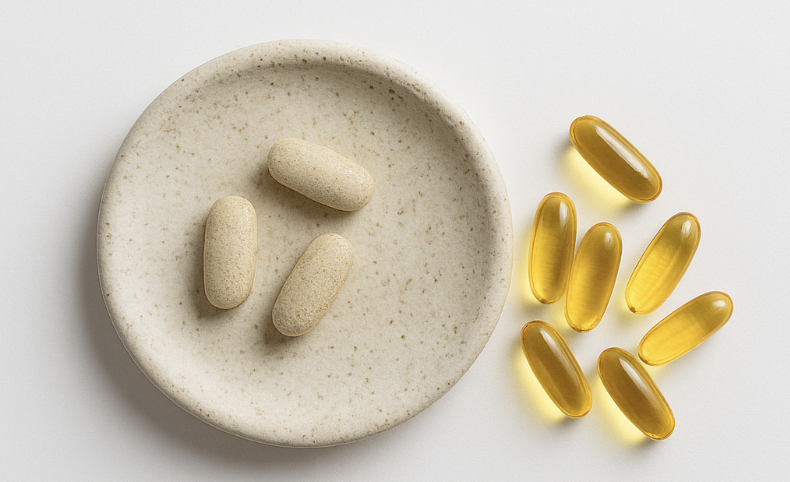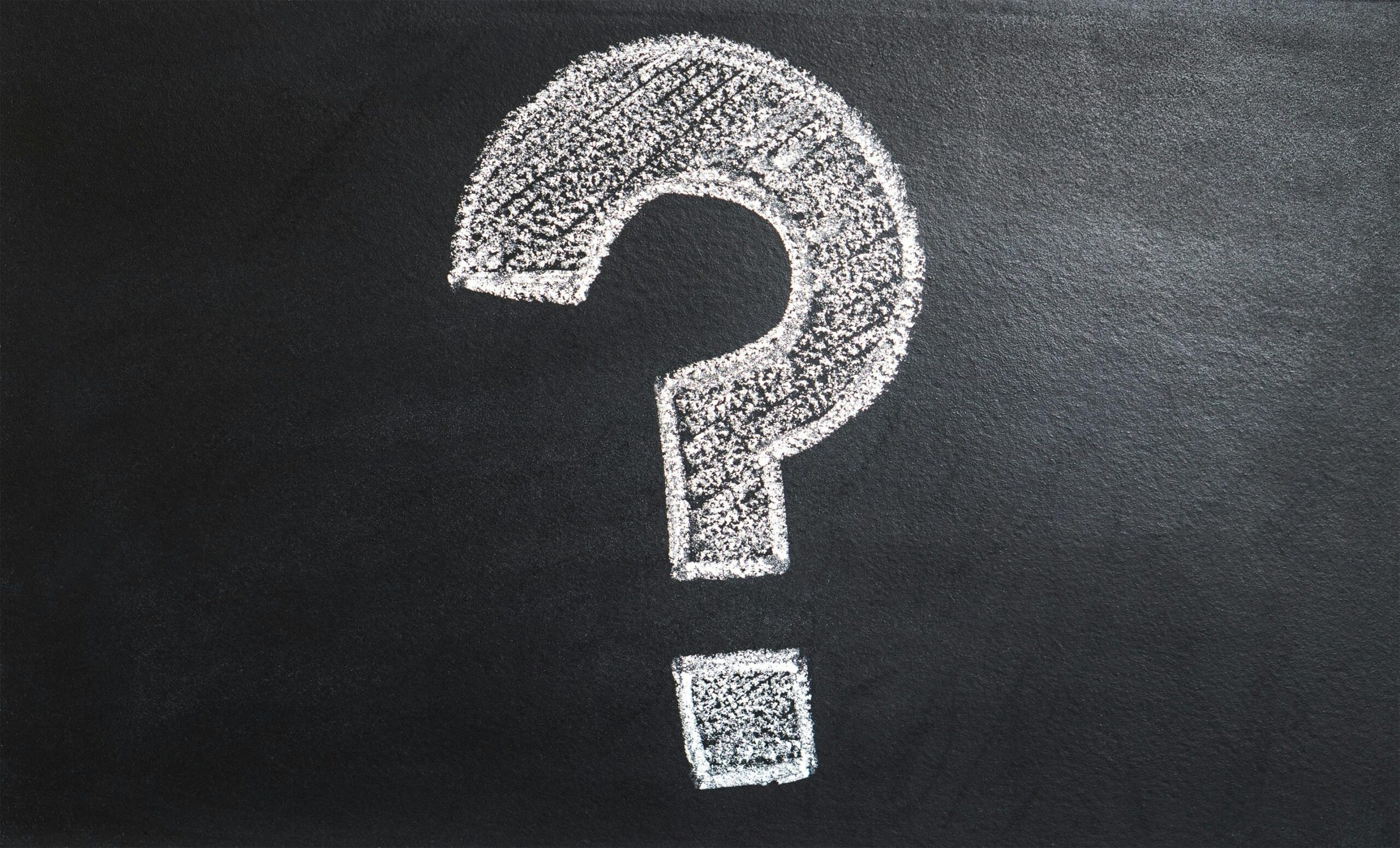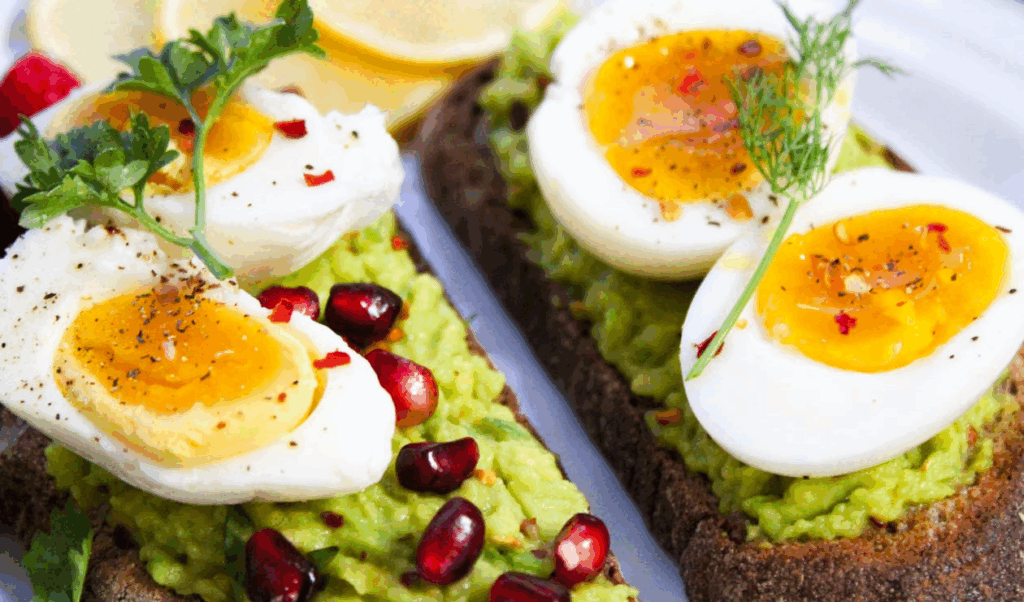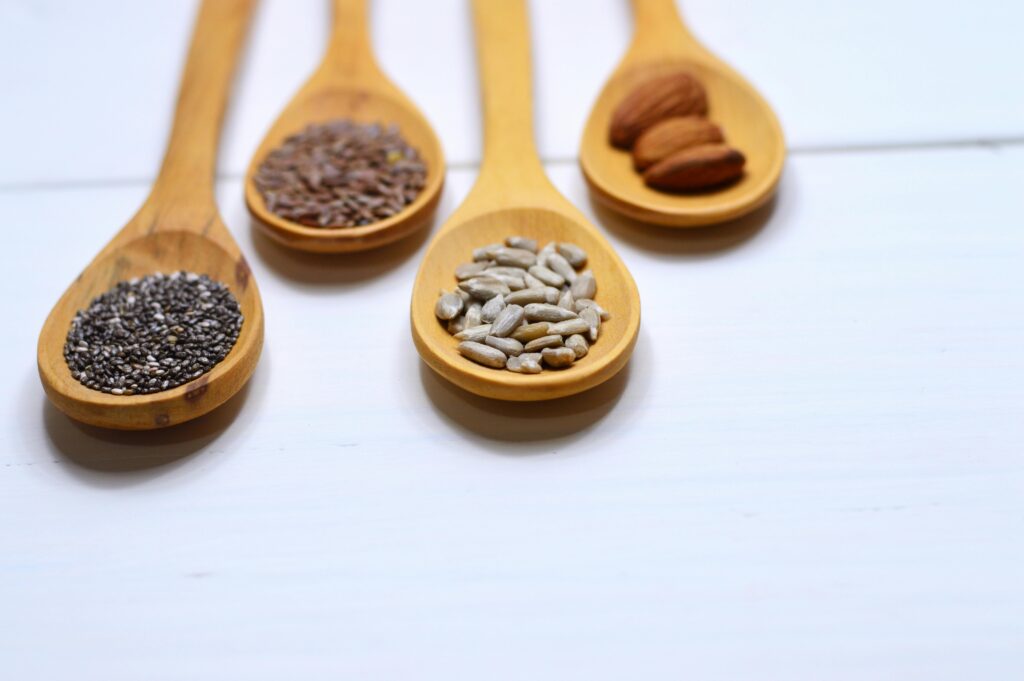

The Best Vitamins for Hair Growth You Shouldn’t Ignore
Find out which vitamins are necessary for hair growth, why they are important, and how to include them into your daily routine for thicker, stronger hair.
Why Vitamins Are Important
The majority of people choose shampoos, oils, or scalp treatments when considering ways to combat hair loss or promote regrowth. True hair health, however, begins internally. Strong, durable hair strands cannot be produced by your hair follicles if they are not properly nourished. Vitamin shortages are frequently a hidden cause of thinning or breakage, and they play a critical part in this process. This post will discuss the greatest vitamins for hair development, their importance, and natural ways to incorporate them into your regimen.
Key Vitamins That Support Hair Growth
Biotin (Vitamin B7)
Among the vitamins most frequently associated with hair development is biotin. It increases the synthesis of keratin, the primary structural protein found in hair, and enhances the suppleness and strength of hair. Biotin supplements may help people with thinning hair grow their hair thicker, according to research published in the Journal of Clinical and Aesthetic Dermatology.
Foods rich in Biotin: Eggs, almonds, sweet potatoes, and spinach.

Vitamin D
Vitamin D, sometimes referred to as the “sunshine vitamin,” promotes the hair growth cycle and helps activate new hair follicles. The National Institutes of Health (NIH) states that alopecia and persistent hair loss are closely linked to low vitamin D levels.
Foods rich in Vitamin D: Fatty fish like salmon, fortified dairy, and mushrooms.

Antioxidants and Minerals for Stronger Strands
Vitamin E
This potent antioxidant shields the scalp from oxidative stress, which is a major contributor to follicle damage. Participants with hair loss experienced a 34% boost in hair growth after taking vitamin E supplements, according to a study published in the Tropical Life Sciences Research Journal.
Foods rich in Vitamin E: Sunflower seeds, avocados, and leafy greens.

Zink
Another essential component that promotes healthy hair growth is zinc, which helps with tissue regeneration and keeps the oil glands around the hair follicles functioning properly. Alopecia areata and telogen effluvium are two types of hair loss that have been directly linked to zinc deficiency, according to Annals of Dermatology.
Foods rich in Zink: Pumpkin seeds, chickpeas, oysters, and beans.

Iron
One of the most important nutrients for strong, healthy hair development is iron. It is essential for delivering oxygen to all of your cells, including those in your scalp and hair follicles. Iron levels were considerably lower in women who experienced hair loss than in those who did not, according to a study published in the Journal of Korean Medical Science.
Foods rich in Iron: Red meat, lentils, spinach, and fortified cereals

How to Stay Consistent
It normally takes 3 to 6 months of regular vitamin intake before noticeable effects start to show. Prioritize eating a diet high in nutrients, and if necessary, take supplements (particularly for iron or vitamin D shortages). To enhance circulation and nutrient delivery to follicles, combine your internal nutrition with a powerful scalp practice, such as our Scalp Massage for Hair Growth blog.
💡 Tip: Use images to document progress every month to see little gains in texture and depth.

